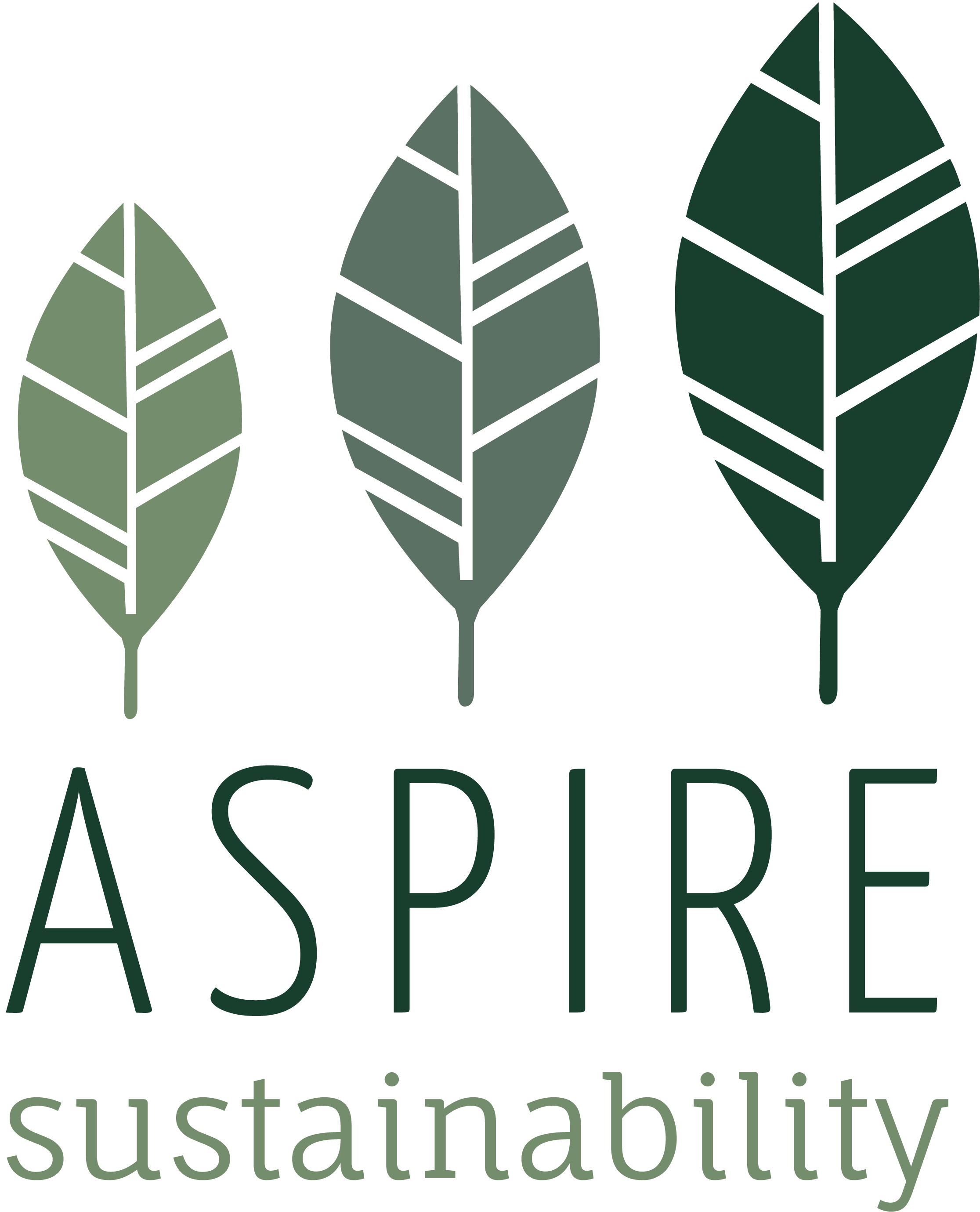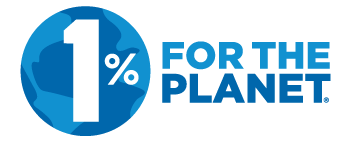Code of Ethics
Aspire Sustainability’s business activities are undertaken in a responsible, transparent and accountable manner. We utilize robust, credible data and methodologies, and the best available science. We execute business in a professional manner and with the utmost integrity. Aspire strives to be inclusive in its decisions, actions and collaborations. Discrimination on the basis of gender, race, creed, religion, sexual orientation, color, age, gender identity, or personal disability is strictly prohibited. We pledge to be good stewards of the Earth and effective and objective contributors to the advancement of sustainability discussions globally and locally.
Environmental Life Cycle Assessment is a holistic yardstick of the environmental performance of goods and services. It is a powerful tool to influence human behavior and environmental outcomes through management and engineering decisions, public policy and purchasing decisions. The majority of those using the output of a life cycle assessment are not in a position to verify every element of the LCA. Life Cycle Assessment professionals, those performing, providing life cycle data, developing life cycle tools and models therefore have great responsibility to provide unbiased, accurate and transparent data and analyses to the greatest extent possible. In doing so they use the work of their hands and minds to build a more sustainable world, and they support the respect for the LCA profession.
Aspire Sustainability is proud to be an organizational member of the American Center for Life Cycle Assessment (ACLCA). Our experts are ACLCA-certified Life Cycle Assessment Professionals (LCA CPs) who abide by the highest standards of integrity and professionalism. All members of the American Center for Life Cycle Assessment therefore make the following commitments:
- To make maximum use of international standards on Life Cycle Assessment, particularly the ISO 14040 series standards
- To avoid real or perceived conflicts of interest whenever possible, and to disclose them to affected parties when they do exist
- To be honest and realistic in stating claims or estimates based on available data
- To the greatest extent consonant with retaining confidential business information, to disclose data and estimates in a full and transparent manner
- To clearly distinguish between professional assumptions and value judgments in developing, performing and using life cycle assessments
- To reject bribery in all its forms
- To improve the understanding of Life Cycle Assessment, its appropriate application, and potential consequences
- To maintain and improve one’s technical competence and to undertake tasks for others only if qualified by training or experience, or after full disclosure of pertinent limitations
- To seek, accept, and offer honest criticism of technical work, to acknowledge and correct errors, and to credit properly the contributions of others
- To treat fairly all persons regardless of such factors as race, religion, gender, disability, age, or national origin
- To assist colleagues and co-workers in their professional development and to support them in following this code of ethics




